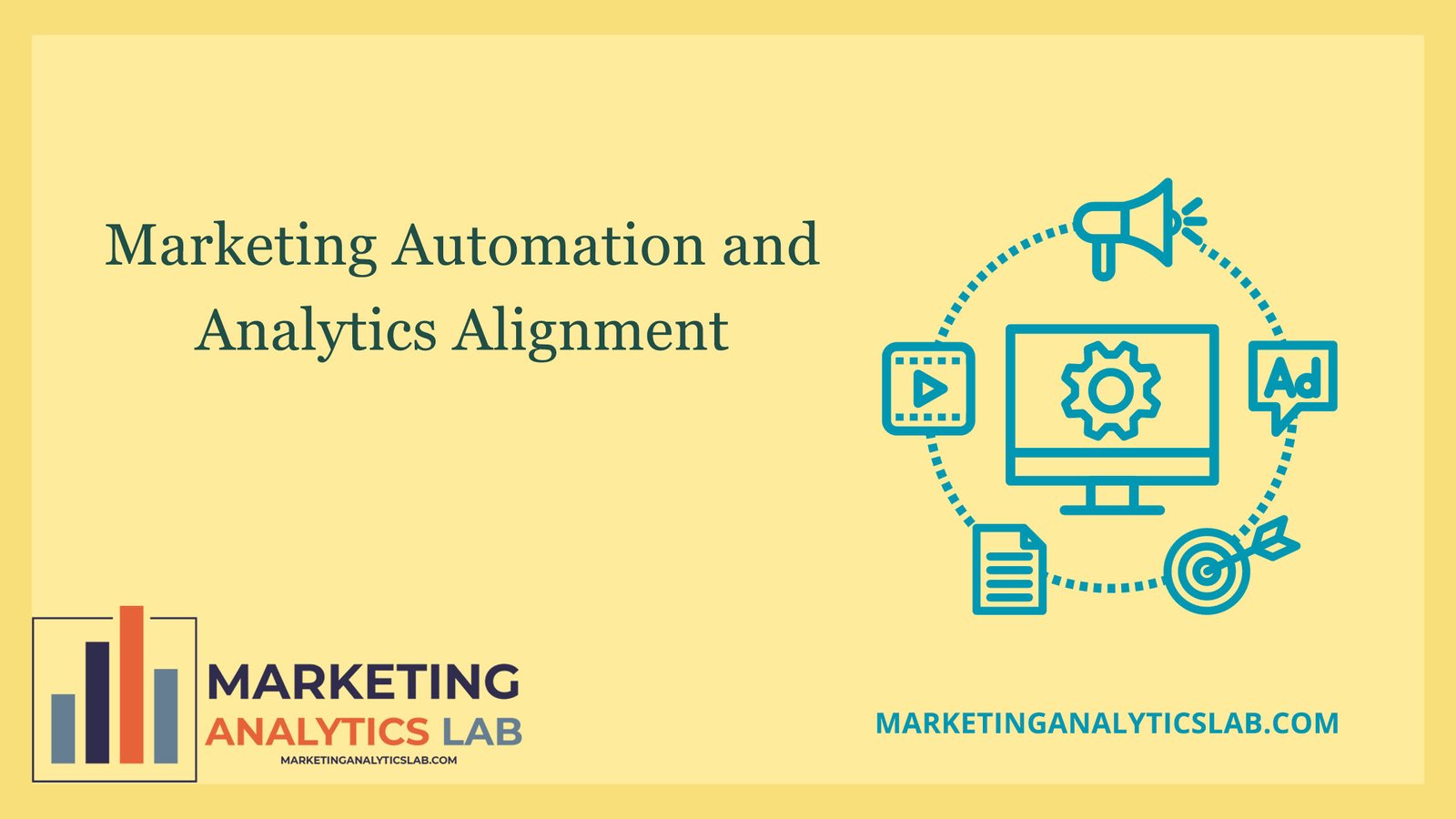Understanding the Importance of Marketing Automation
Marketing automation has become an essential tool for businesses looking to streamline their marketing efforts and improve efficiency. By automating repetitive tasks such as email marketing, social media posting, and lead nurturing, companies can save time and resources while also delivering more targeted and personalized campaigns. Marketing automation platforms allow businesses to create workflows that automatically trigger actions based on customer behavior, such as sending a follow-up email after a user downloads a whitepaper or displaying targeted ads to users who have visited a specific product page on their website.
In addition to saving time and resources, marketing automation also enables businesses to scale their marketing efforts and reach a larger audience more effectively. By using automation to segment their audience and deliver personalized content to different customer segments, businesses can improve engagement and conversion rates. Furthermore, marketing automation allows businesses to track and analyze the performance of their campaigns in real-time, providing valuable insights into which strategies are working and which need to be adjusted. This data-driven approach to marketing helps businesses make more informed decisions and optimize their marketing efforts for maximum impact.
Overall, marketing automation is crucial for businesses looking to stay competitive in today’s fast-paced digital landscape. By automating routine marketing tasks and leveraging data-driven insights to inform their strategies, businesses can improve efficiency, effectiveness, and ROI. With the right marketing automation tools and strategies in place, businesses can streamline their operations, increase lead generation and conversion rates, and ultimately drive revenue growth.
Enhancing Decision Making with Data Analytics
Data analytics plays a crucial role in helping businesses make informed decisions and optimize their marketing strategies. By analyzing data from various sources, such as website traffic, email campaigns, social media engagement, and customer interactions, businesses can gain valuable insights into customer behavior, preferences, and trends. This data-driven approach to marketing enables businesses to understand their target audience better and tailor their campaigns to meet their specific needs and interests.
One of the key benefits of using data analytics in marketing is the ability to track and measure the performance of marketing campaigns in real-time. By monitoring key performance indicators (KPIs) such as website traffic, conversion rates, and customer engagement, businesses can quickly identify which strategies are driving results and which are not. This allows businesses to make data-driven decisions to optimize their marketing efforts, allocate resources more effectively, and improve overall campaign performance.
Furthermore, data analytics can help businesses identify new opportunities for growth and innovation. By analyzing customer data and market trends, businesses can uncover new market segments, product opportunities, and competitive threats. This valuable information can inform strategic decision-making and help businesses stay ahead of the competition. Ultimately, by aligning marketing automation with data analytics, businesses can improve decision-making, drive better results, and achieve their marketing goals more effectively.

